
What is Nuclear Medicine and Why Does It Matter
Nuclear medicine is a specialized branch of medical imaging and treatment that uses small amounts of radioactive materials (radiotracers) to:
- Diagnose diseases
- Monitor how organs function
- Treat certain medical conditions
Unlike traditional imaging that shows structure (like X-rays or MRI), nuclear medicine shows how organs and tissues are working. It is both diagnostic and therapeutic, making it unique among medical specialties.
How Does Nuclear Medicine Work?
In nuclear medicine:
A radiotracer (a compound tagged with a small amount of radioactive material) is introduced into the body, usually via injection, swallowing, or inhalation.
- The radiotracer travels to the specific organ or area of concern.
- A gamma camera or PET scanner detects the radiation emitted by the tracer to create detailed images or measure function.
- Common Radiotracers:
Technetium-99m (Tc-99m) - Iodine-131
- Fluorodeoxyglucose (FDG) for PET scans
- Common Nuclear Medicine Scans and Procedures
Bone scan – to detect bone infections, arthritis, or tumors - Thyroid scan and uptake test – for hyperthyroidism or thyroid nodules
- Renal scan – to assess kidney function and drainage
- Myocardial perfusion scan (stress test) – for blood flow to the heart
- PET-CT scan – for cancer detection, brain disorders, and cardiac evaluation
- Lung scan (V/Q scan) – to detect pulmonary embolism
- Gallium scan – to detect inflammation or infection
- Therapeutic Uses of Nuclear Medicine
Nuclear medicine is also used for treatment, not just diagnosis. - Radioactive iodine therapy (I-131) – for hyperthyroidism and thyroid cancer
- Lutetium-177 therapy – for prostate cancer or neuroendocrine tumors
- Yttrium-90 radioembolization – for liver tumors
- Bone pain palliation – using radiopharmaceuticals for metastatic cancer
Why Nuclear Medicine Matters
🔍 1. Functional Imaging
While CT and MRI show structure, nuclear medicine shows function—how organs like the heart, lungs, thyroid, or kidneys are actually working, often before structural changes are visible.
🎯 2. Early Disease Detection
Because it detects changes in organ function, nuclear medicine can spot diseases at an earlier stage than many other imaging methods. This is especially valuable in:
- Cancer
- Cardiac conditions
- Neurological disorders
💡 3. Accurate Diagnosis and Monitoring
Nuclear scans help:
- Confirm or rule out diseases
- Monitor response to treatment (e.g., in cancer)
- Track disease progression
This leads to more targeted and effective treatment plans.
⚕️ 4. Non-invasive and Safe
Most nuclear medicine procedures are:
- Painless and non-invasive
- Use small, safe doses of radiation
Quickly eliminated from the body
The risk is low, and benefits often outweigh potential radiation exposure.
🧠 5. Helps in Managing Complex Diseases
In oncology: PET scans detect tumors, monitor response, and check for recurrence.
In cardiology: Stress scans reveal heart blood flow and viability.
In neurology: PET helps evaluate Alzheimer’s, epilepsy, or Parkinson’s disease.
💊 6. Targeted Therapy with Fewer Side Effects
Unlike traditional chemotherapy that affects the whole body, radiopharmaceutical therapy in nuclear medicine delivers radiation directly to diseased cells, sparing healthy tissues.
Conclusion
Nuclear medicine is a powerful, precise, and evolving field that combines diagnosis and treatment in one. By looking beyond structure to function, it offers early detection, accurate monitoring, and targeted therapies for a wide range of medical conditions—especially cancer, heart disease, thyroid problems, and brain disorders.
As medicine becomes more personalized and predictive, nuclear medicine plays an increasingly vital role in modern healthcare.
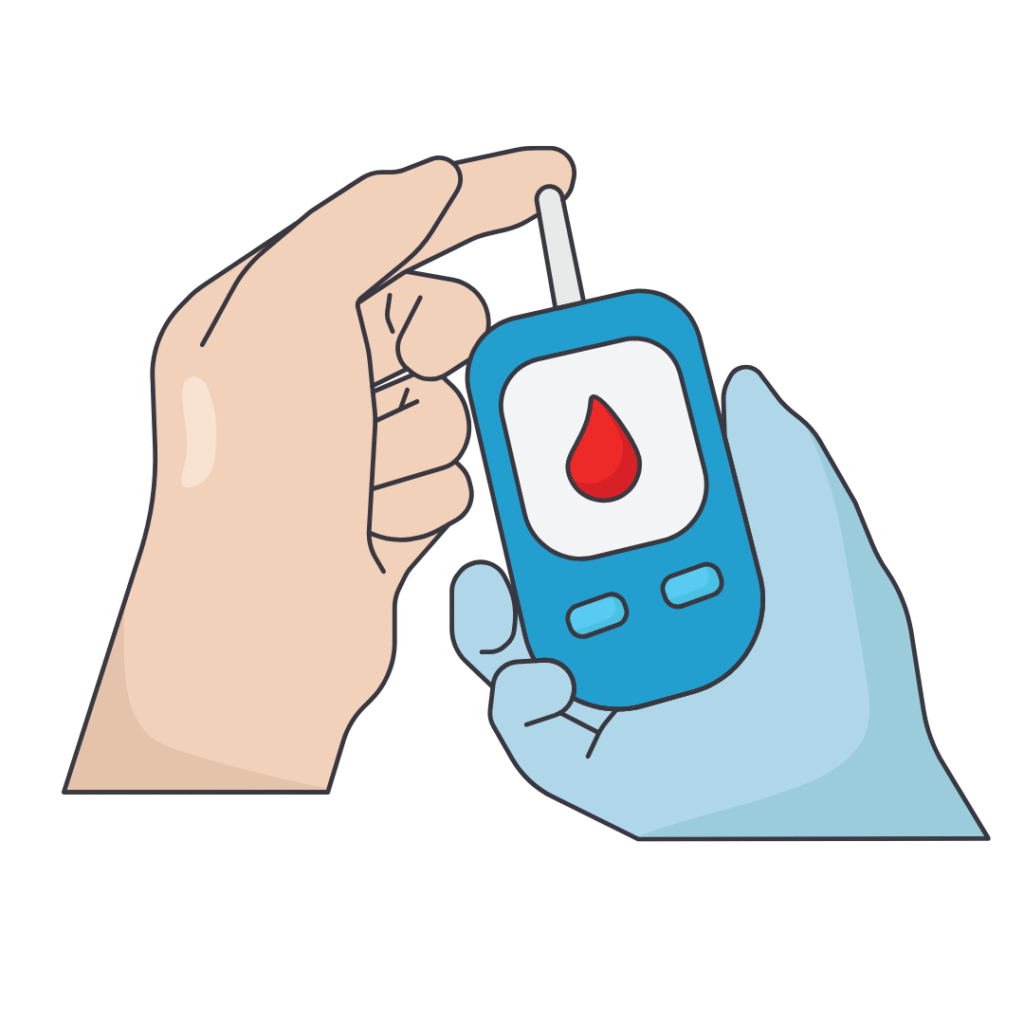
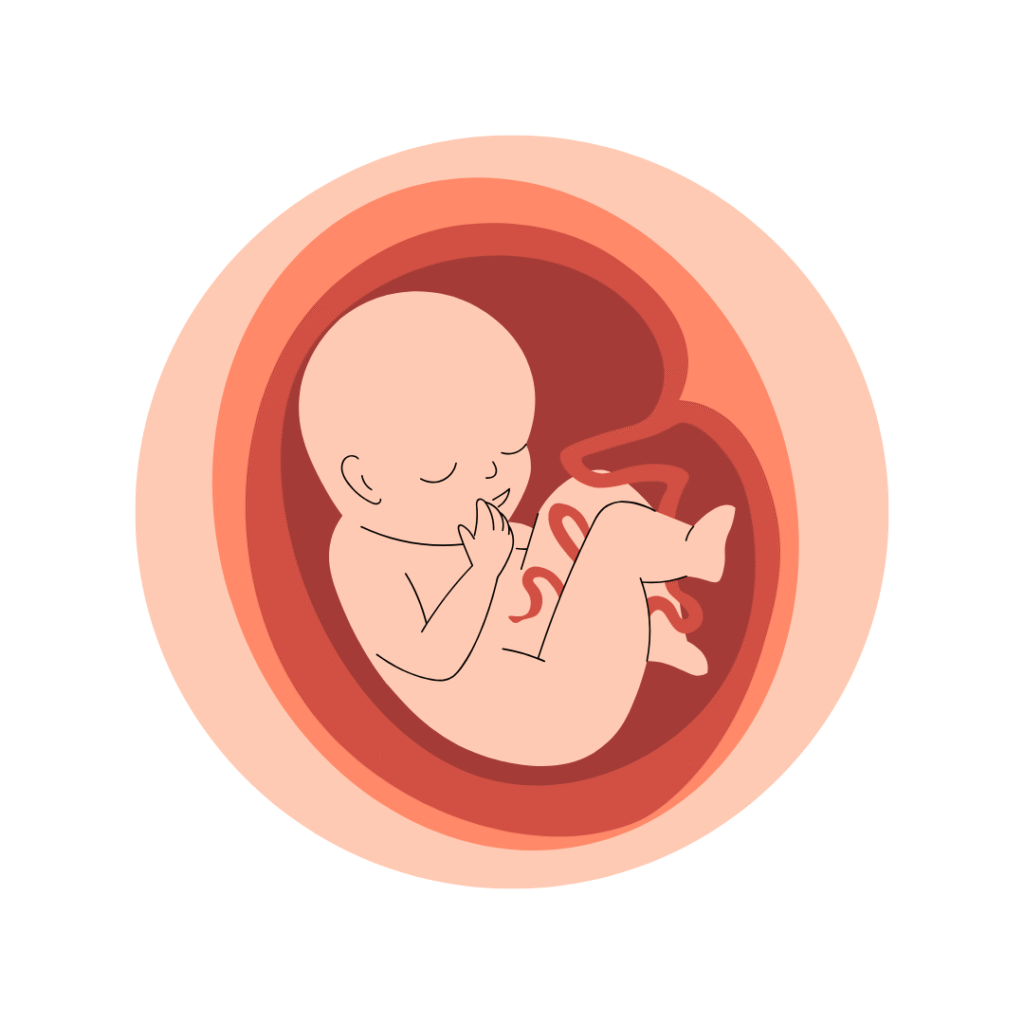
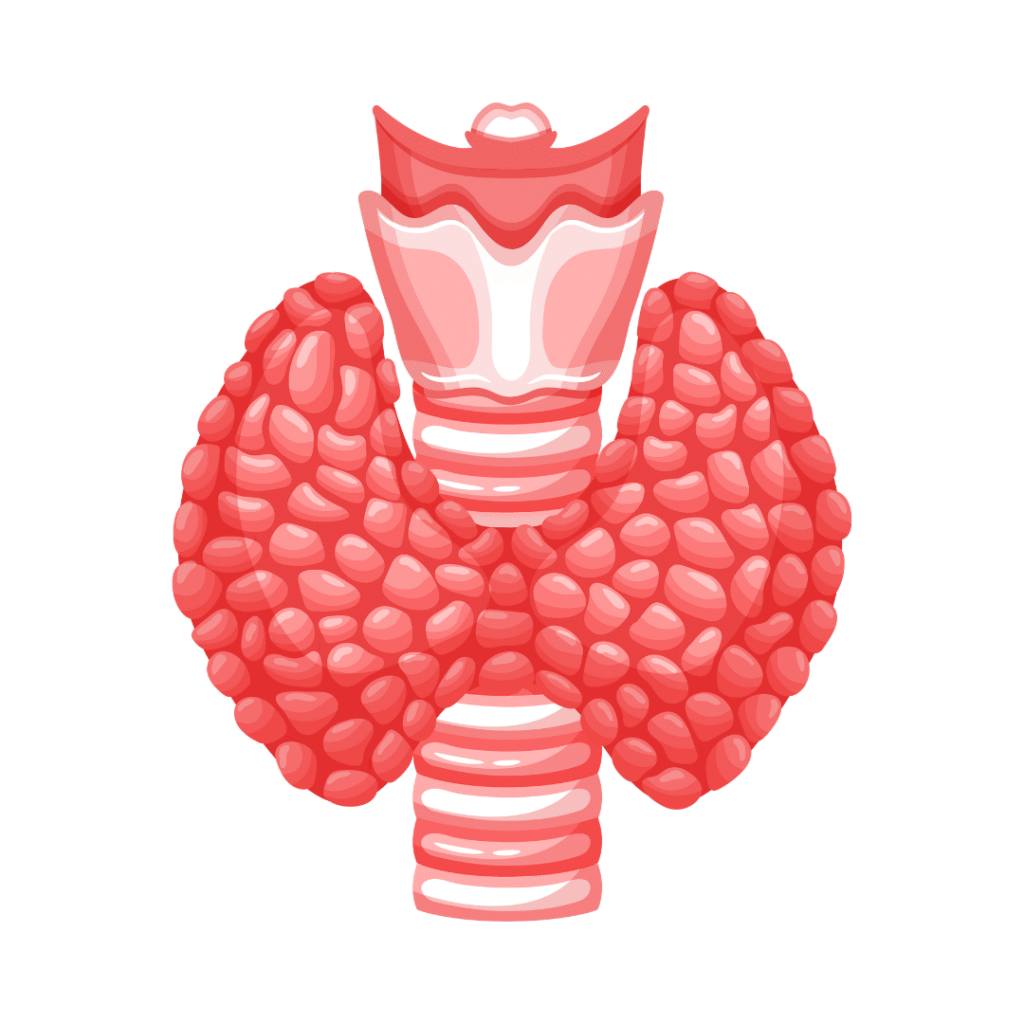
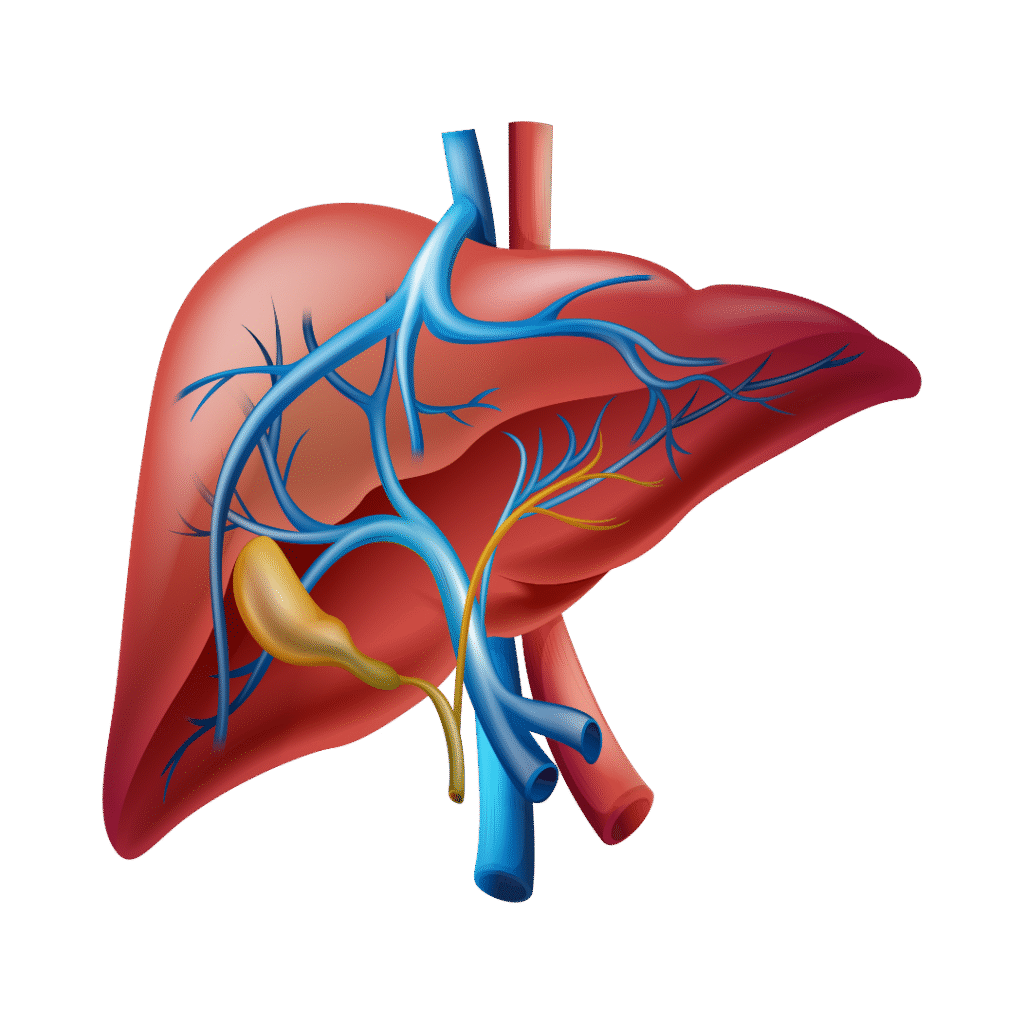
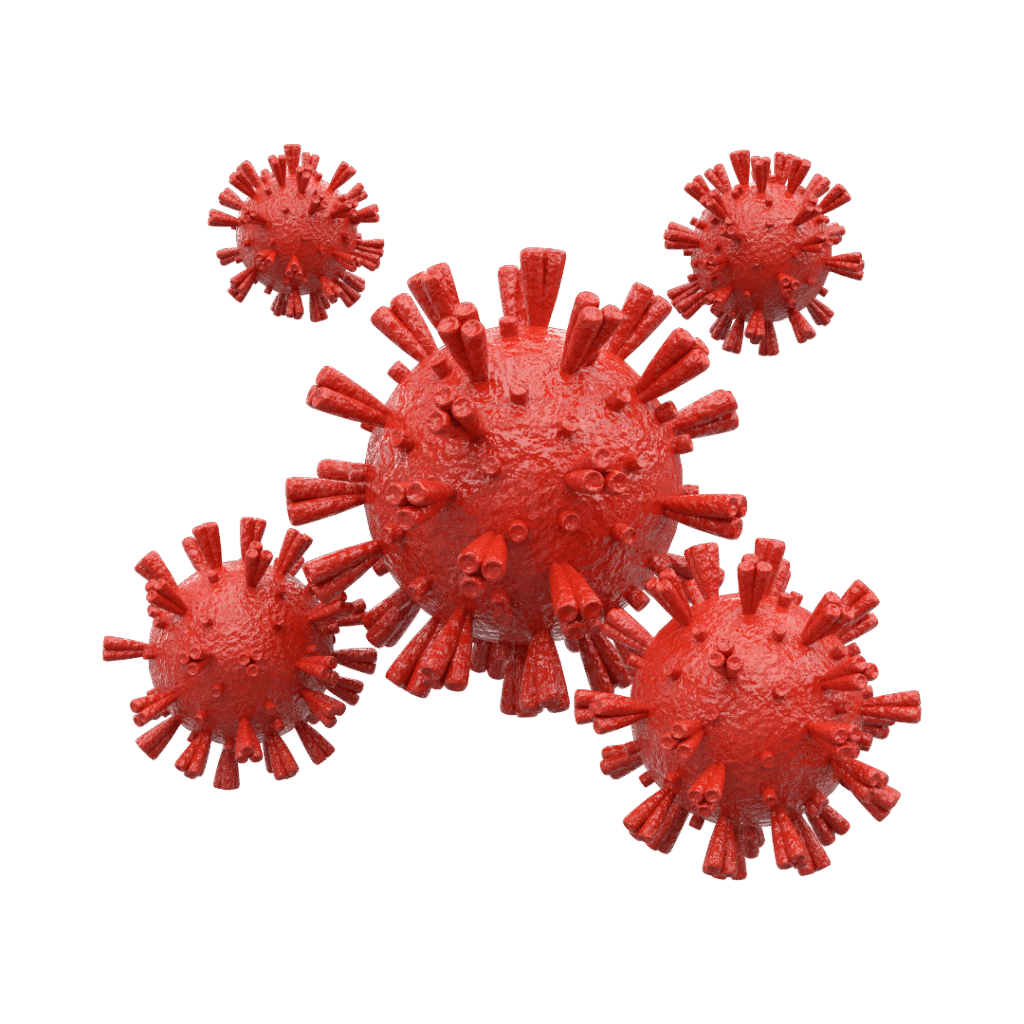
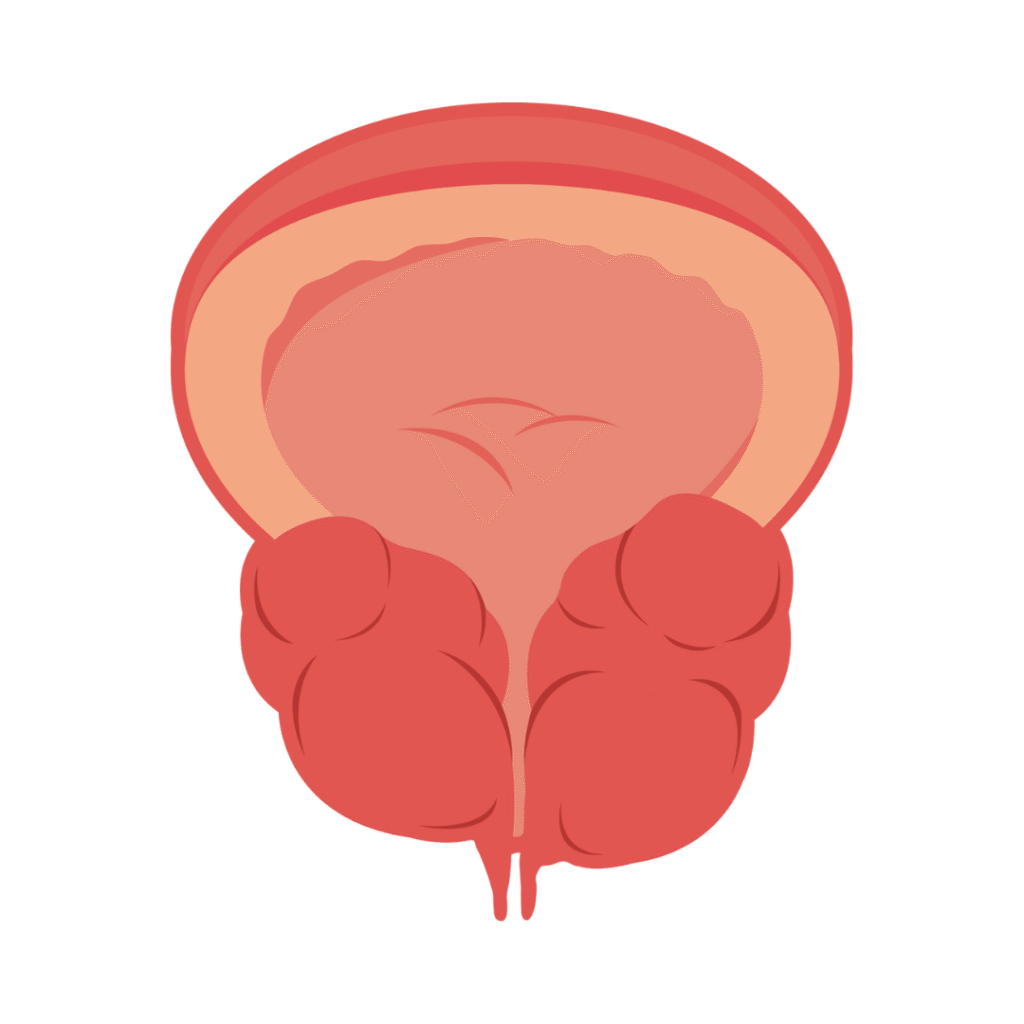
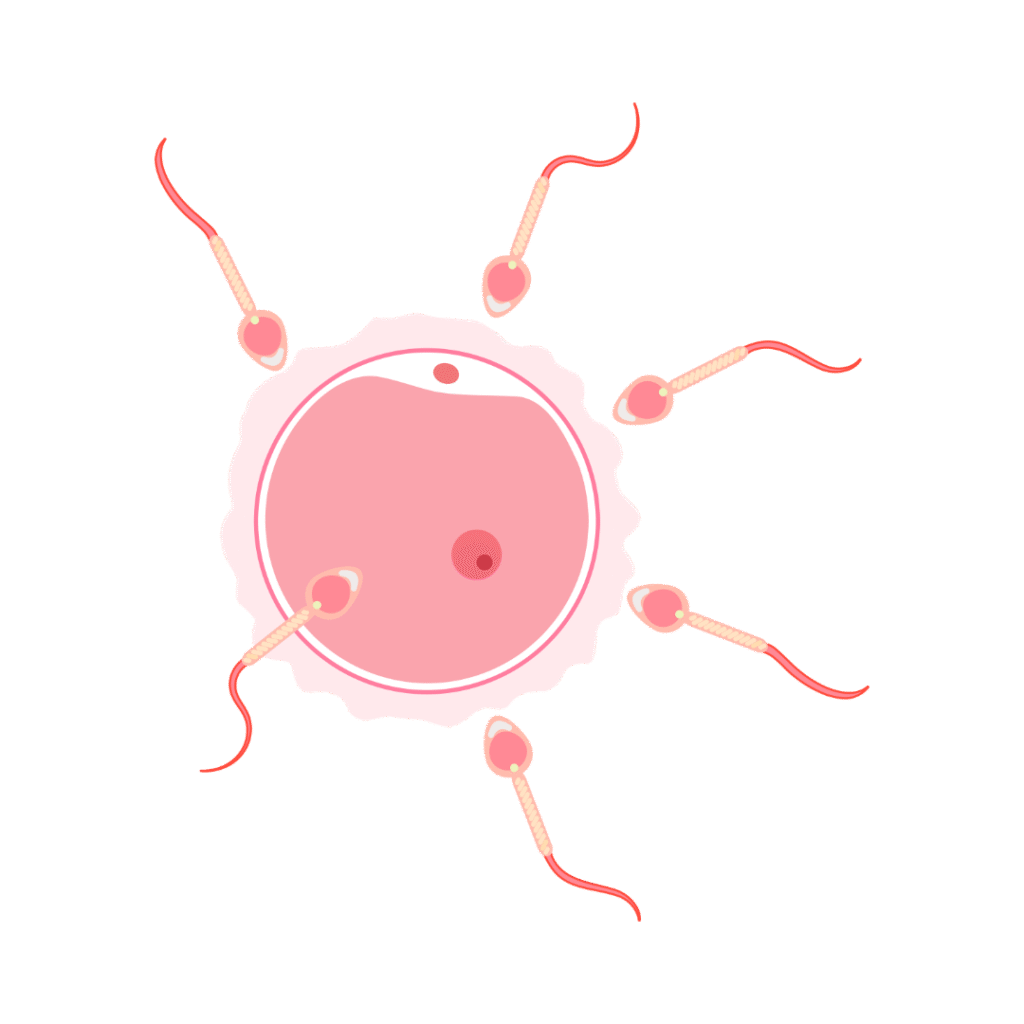
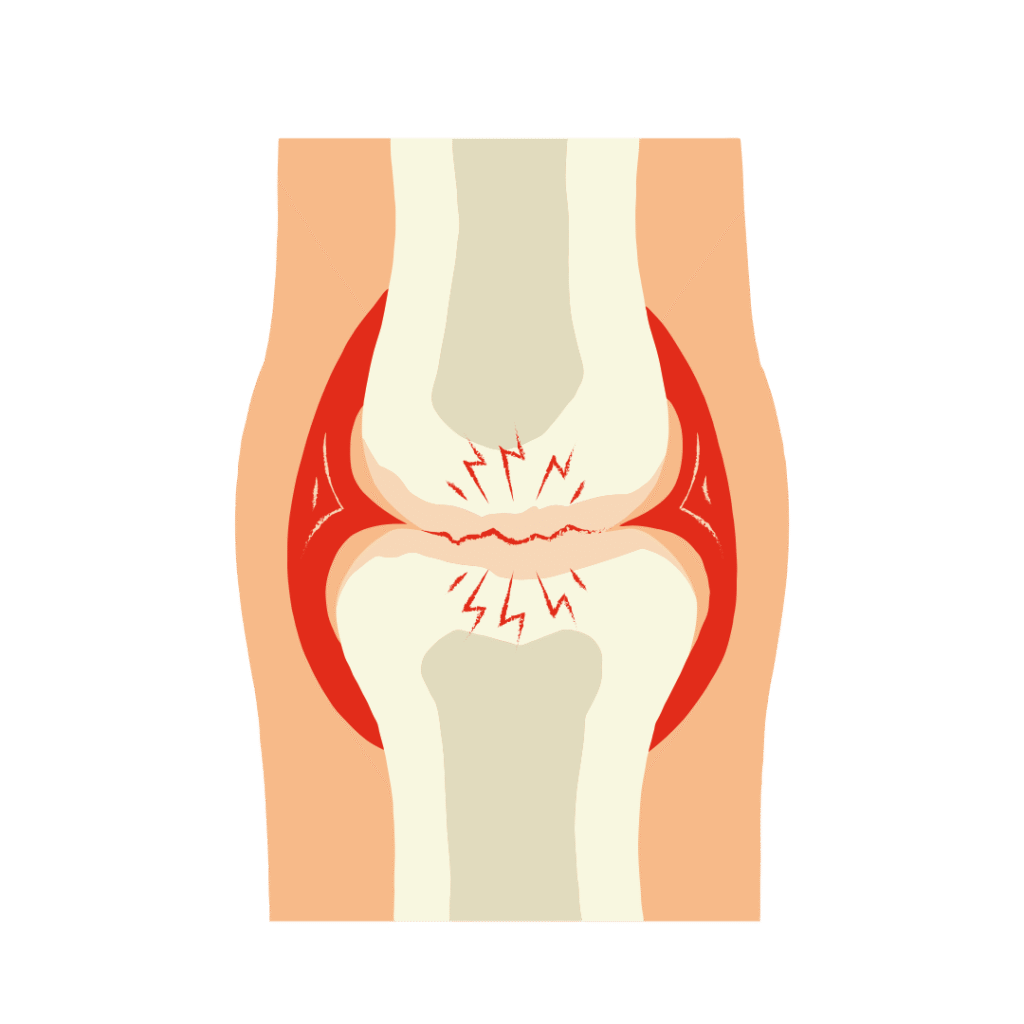
Diabetes
Pregnancy
Thyroid
Liver
Covid
Prostate
Fertility
Bone

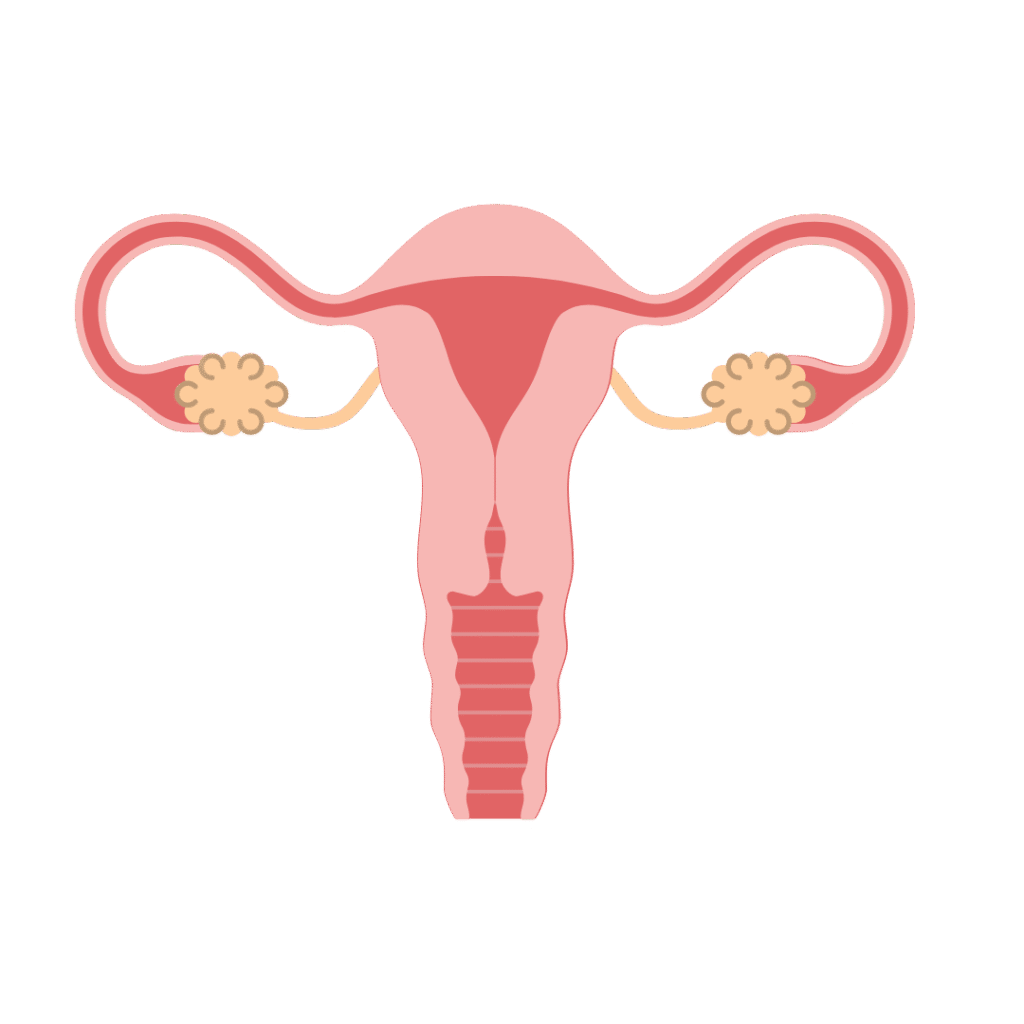
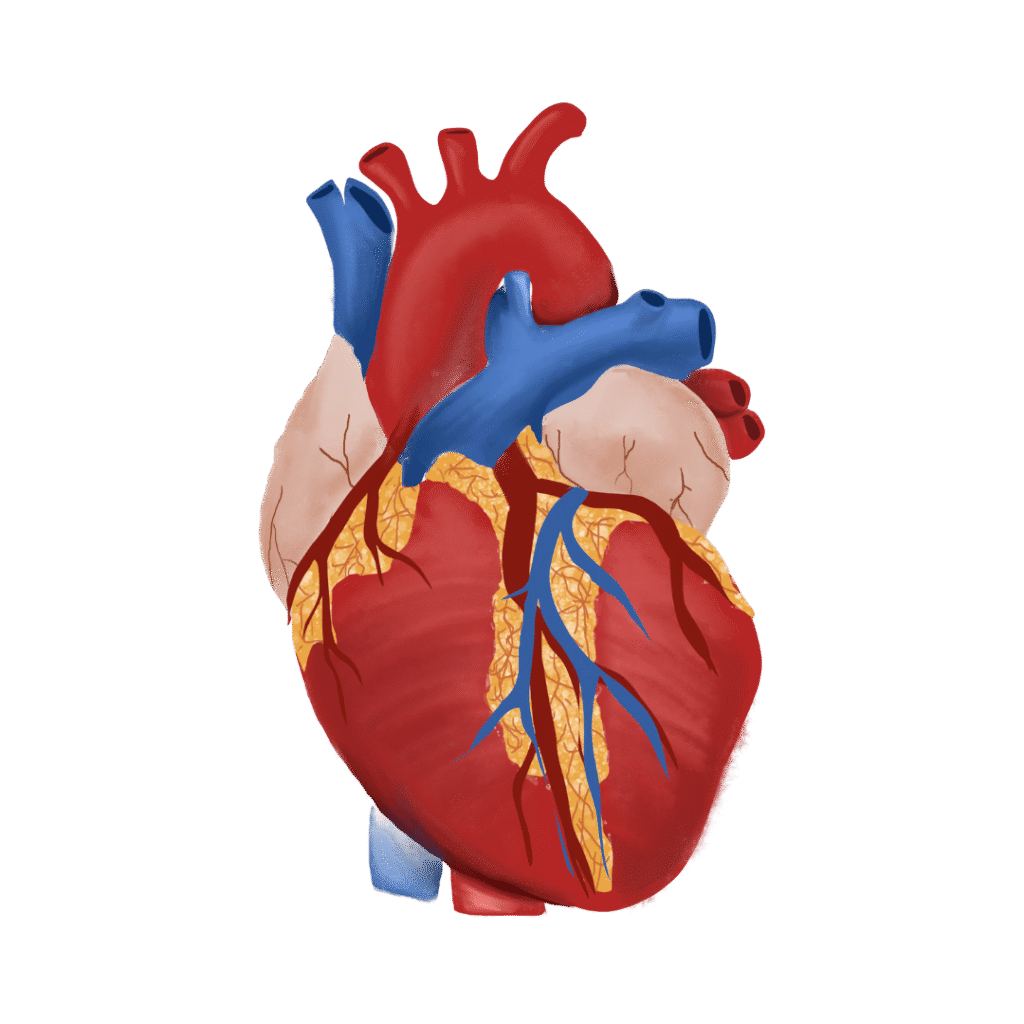
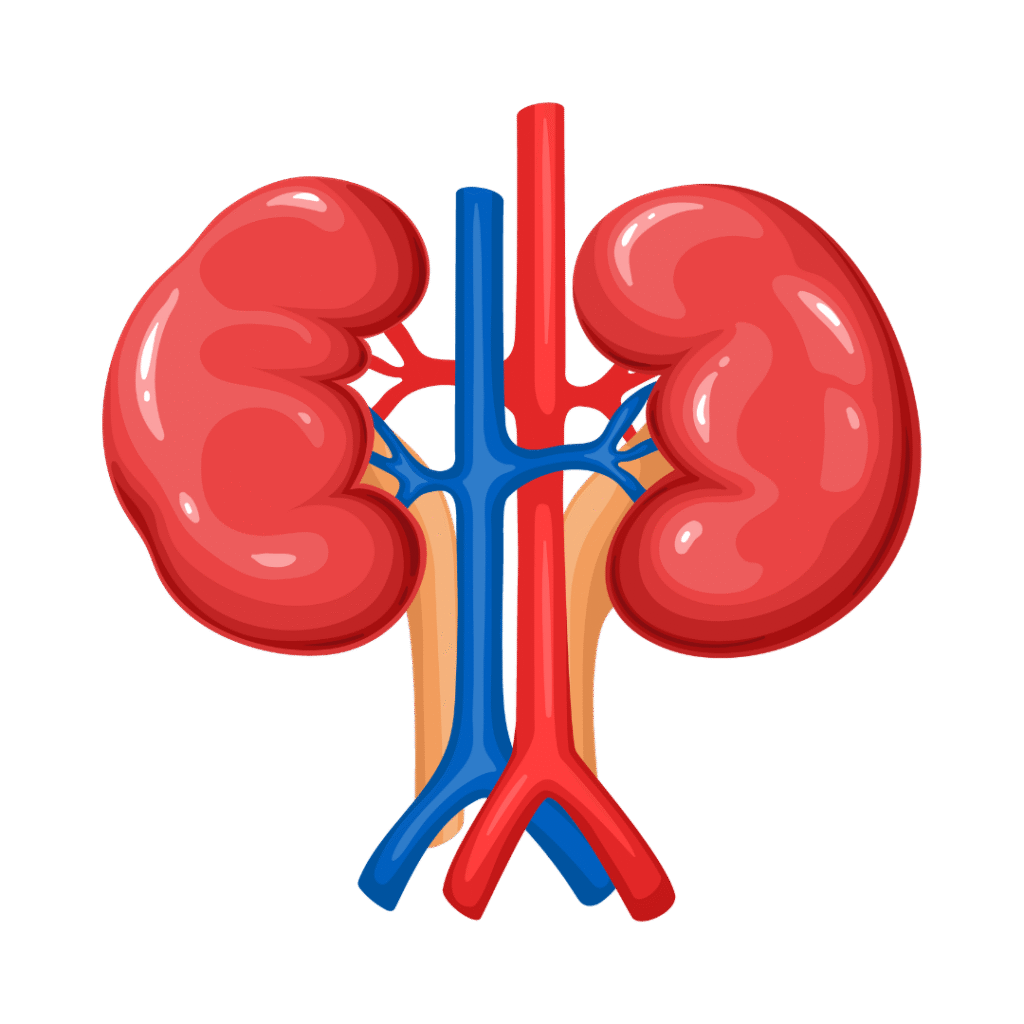
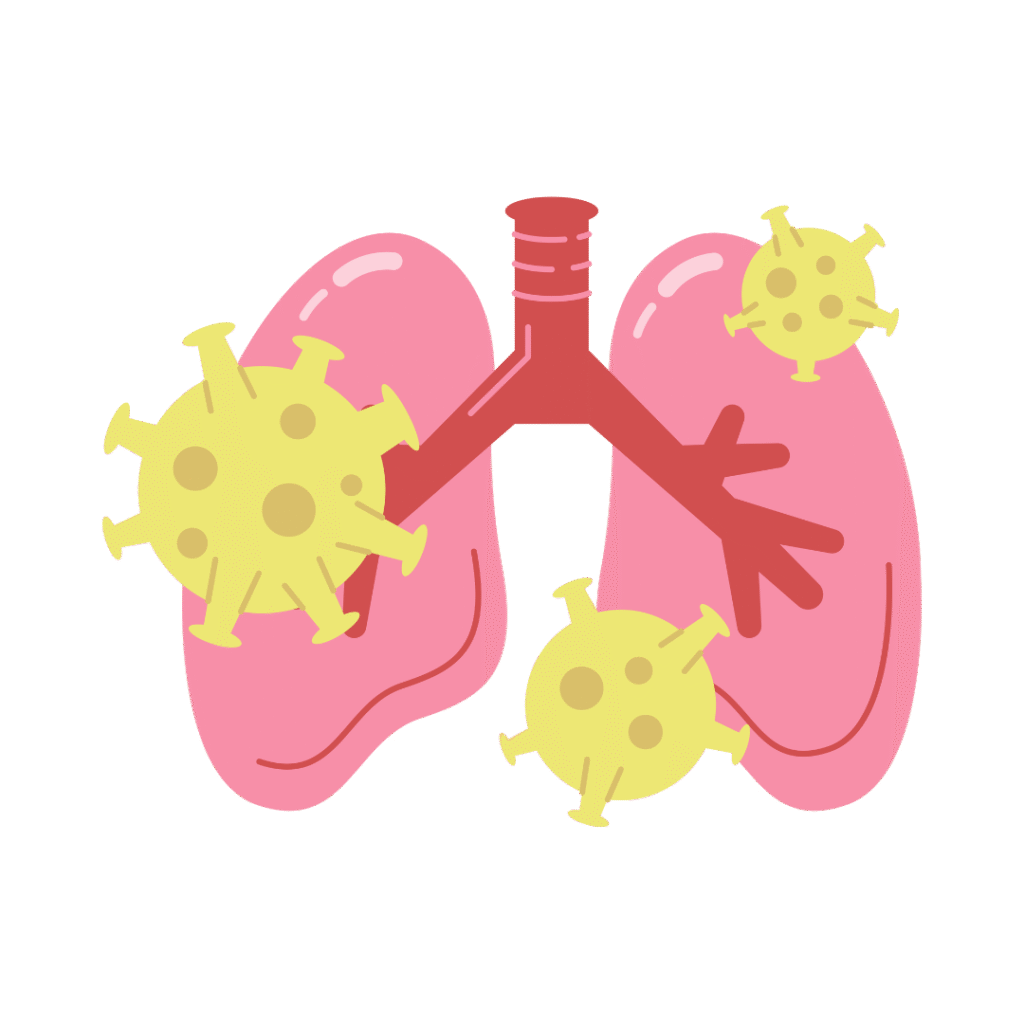
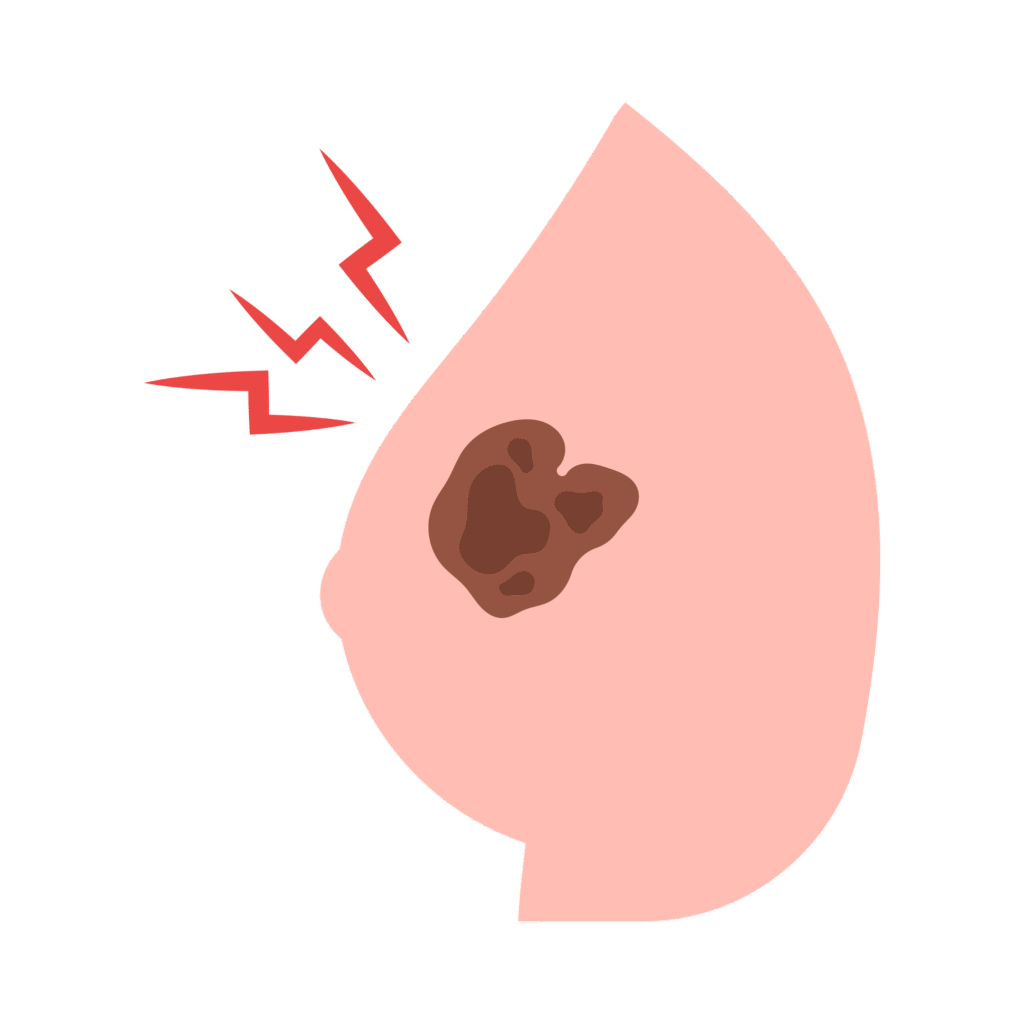

Gastro
Cervix
Heart
Kidney
cancer
breast
Vitamins
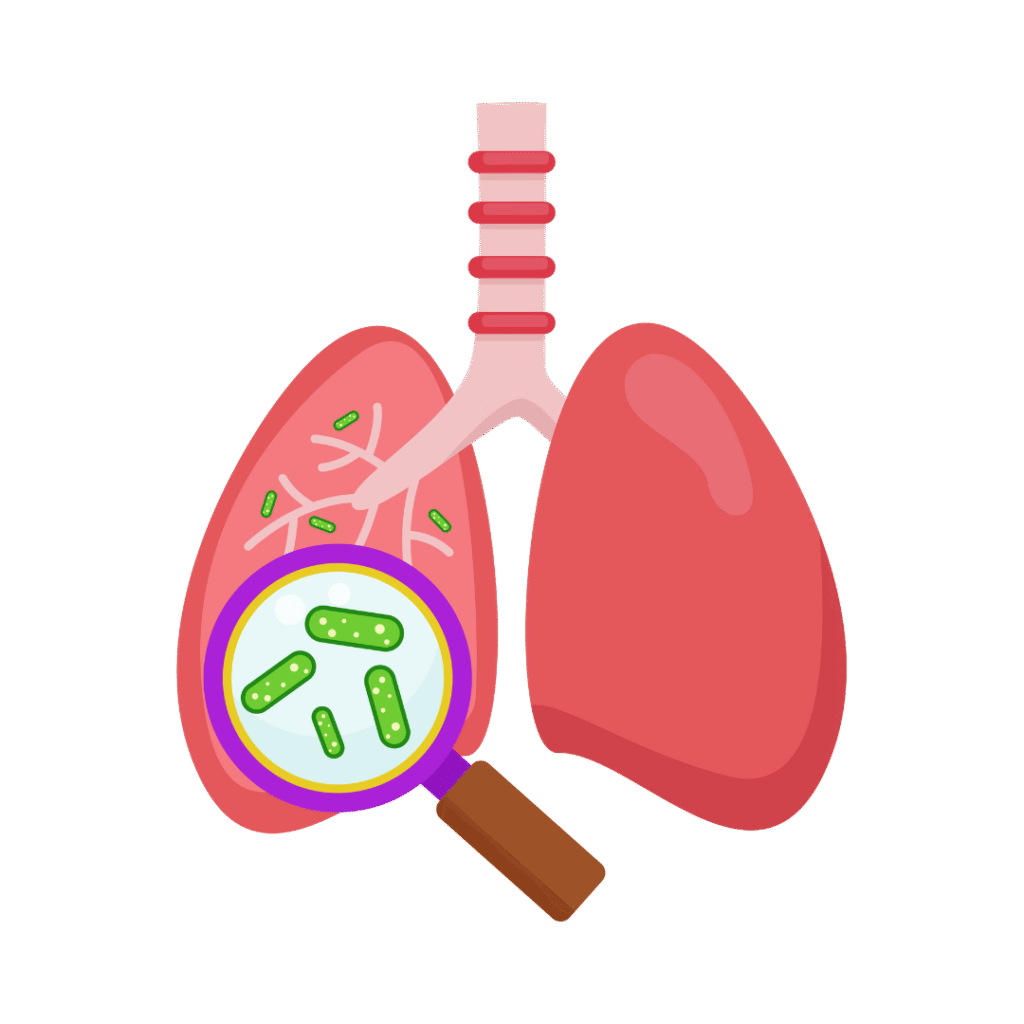
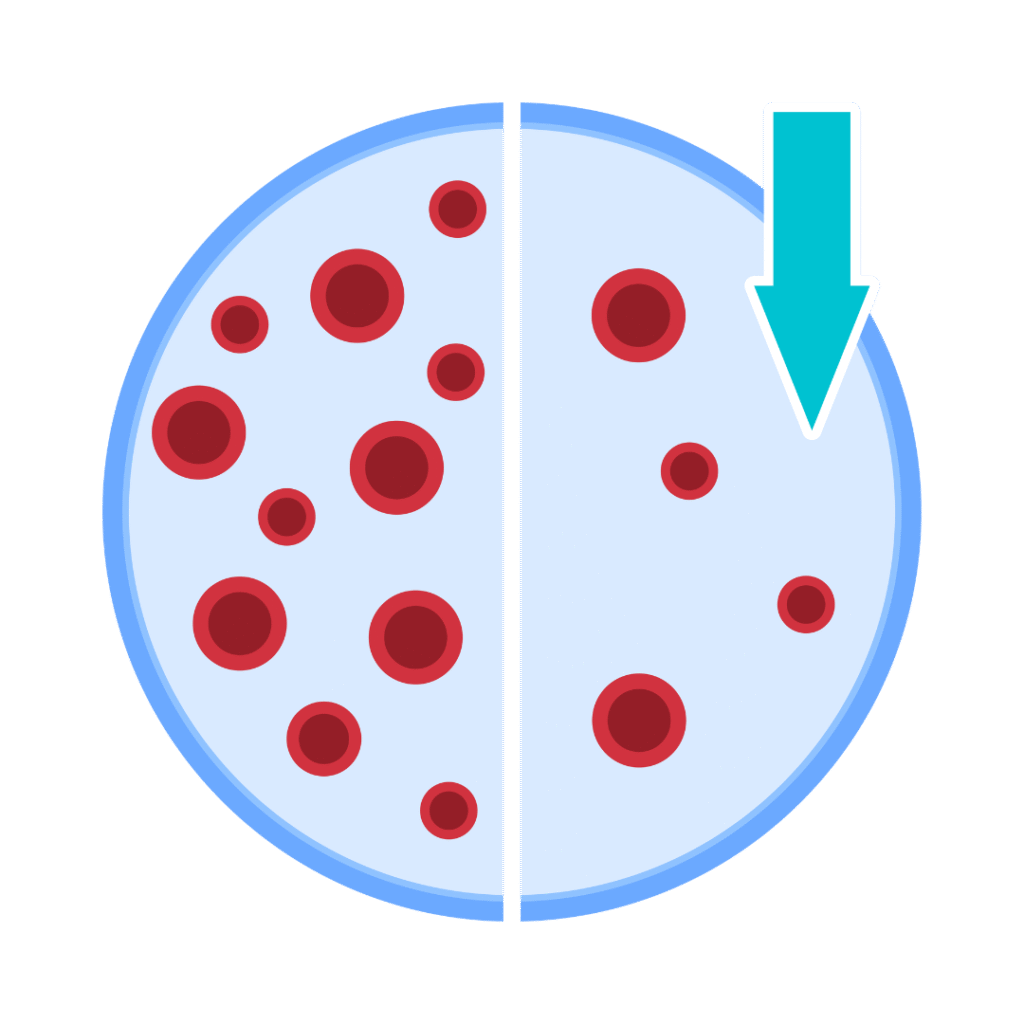
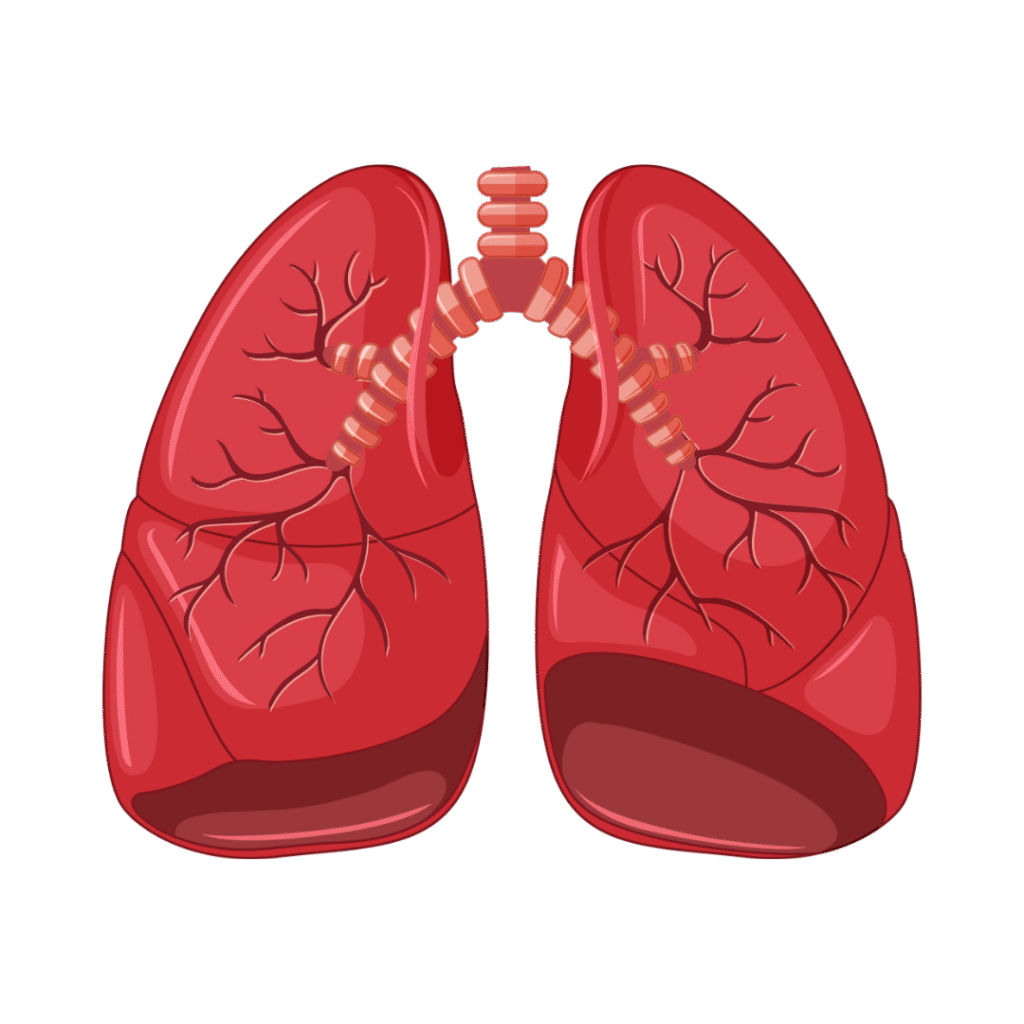
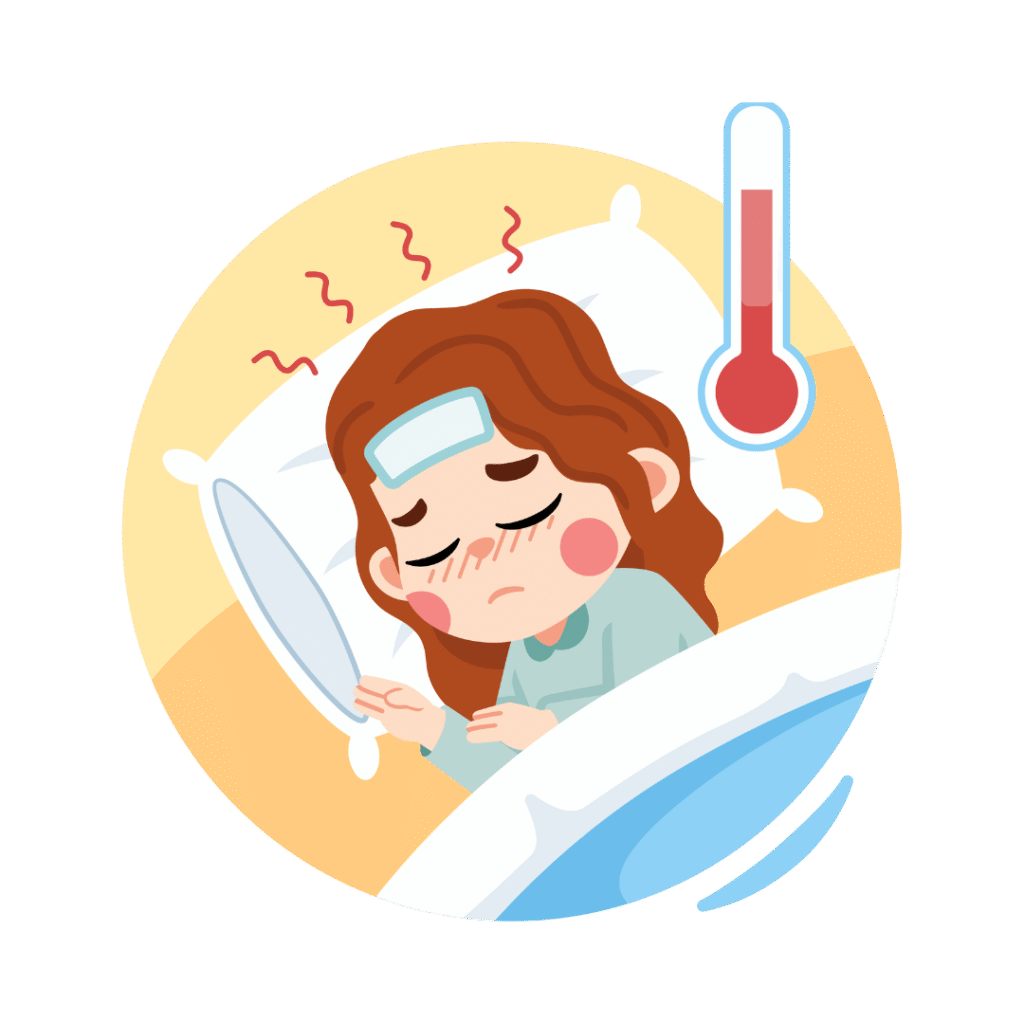

Tuberculosis (TB)
Anemia
Lungs
Fever
Allergy
Frequently Asked Questions
Nuclear medicine is a medical specialty that uses small amounts of radioactive materials (radiotracers) to diagnose and treat various diseases by imaging the function of organs, tissues, and bones.
Some commonly performed scans include:
Bone scan (for fractures, infections, or cancer spread)
Thyroid scan (for overactive or underactive thyroid)
Renal scan (to check kidney function)
Cardiac perfusion scan (to assess blood flow to the heart)
PET-CT scan (for cancer detection and staging)
Yes. Nuclear medicine uses very low doses of radiation, carefully selected to minimize risk. The radiotracers are typically eliminated from the body within hours to a day.
A radiotracer is injected, swallowed, or inhaled. A special camera (gamma camera or PET scanner) detects the radiation emitted from your body and creates images of organ function or abnormal growths.
Yes, depending on the test. You may be asked to:
Fast for a few hours
Avoid certain medications
Drink plenty of water
Detailed instructions will be provided before the scan.
Side effects are very rare. Some people may experience minor discomfort at the injection site. Allergic reactions are extremely uncommon.
It varies by test. Some scans take 30–60 minutes, while others may require several hours or a return visit after the tracer has circulated in your body.
Yes, but it is advisable to limit close contact with pregnant women and infants for a few hours, as a precaution, depending on the test.
Nuclear medicine can help diagnose:
Cancer and metastasis
Heart disease
Kidney function disorders
Bone diseases
Thyroid and parathyroid disorders
Brain disorders (e.g., dementia, epilepsy)
Preliminary results: Usually within 24 hours
PET/CT reports or complex imaging: Within 24–48 hours
